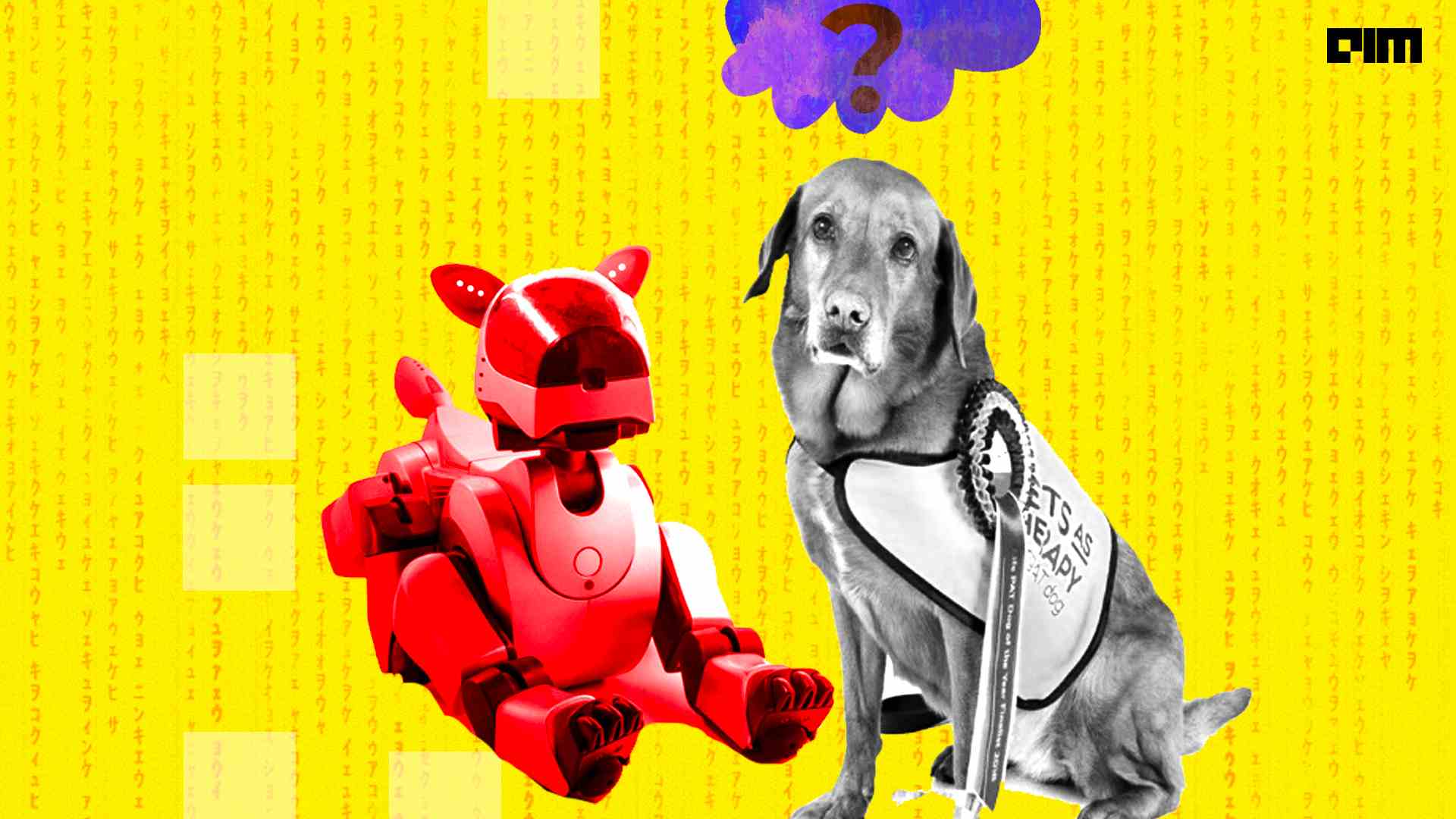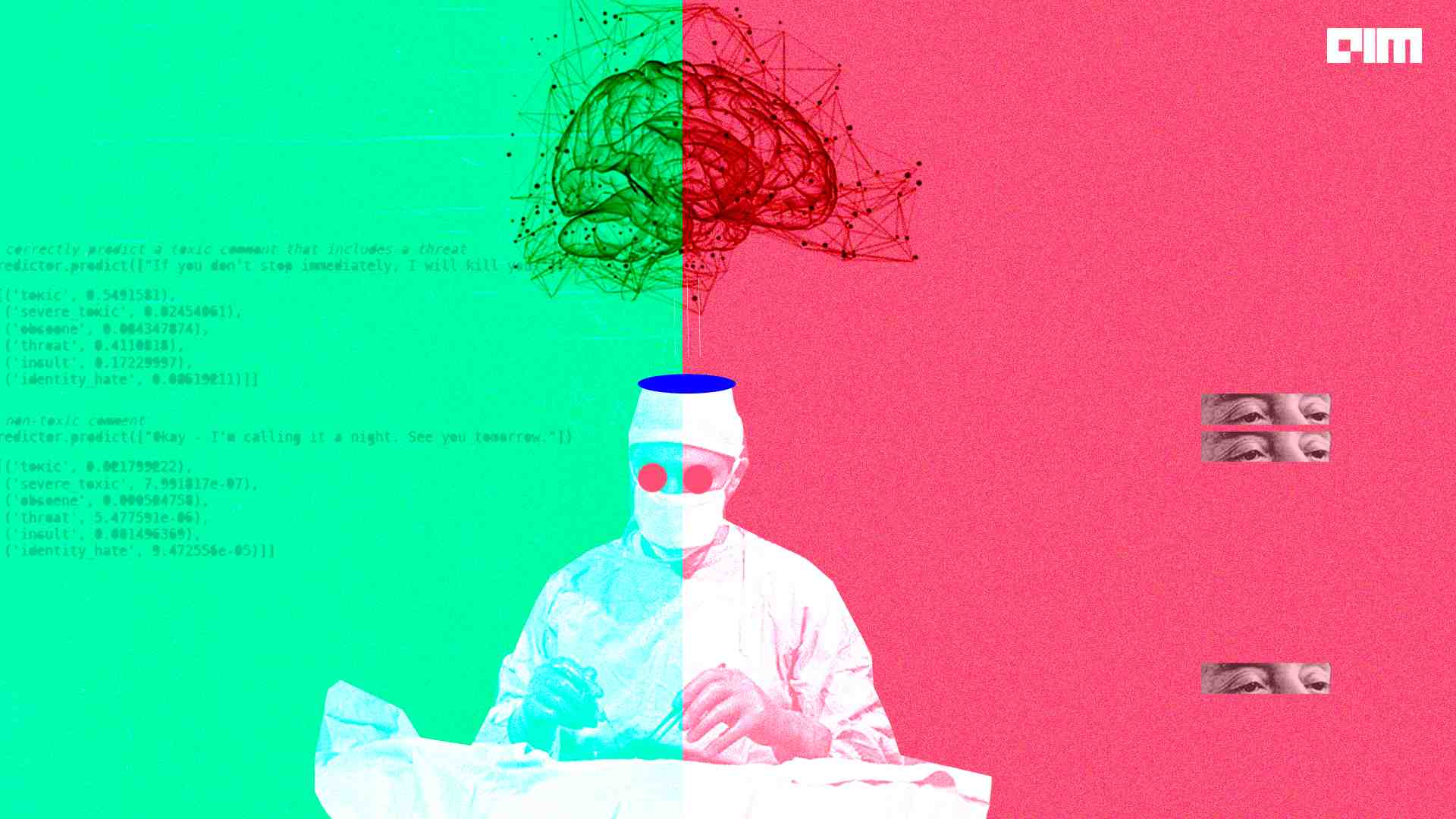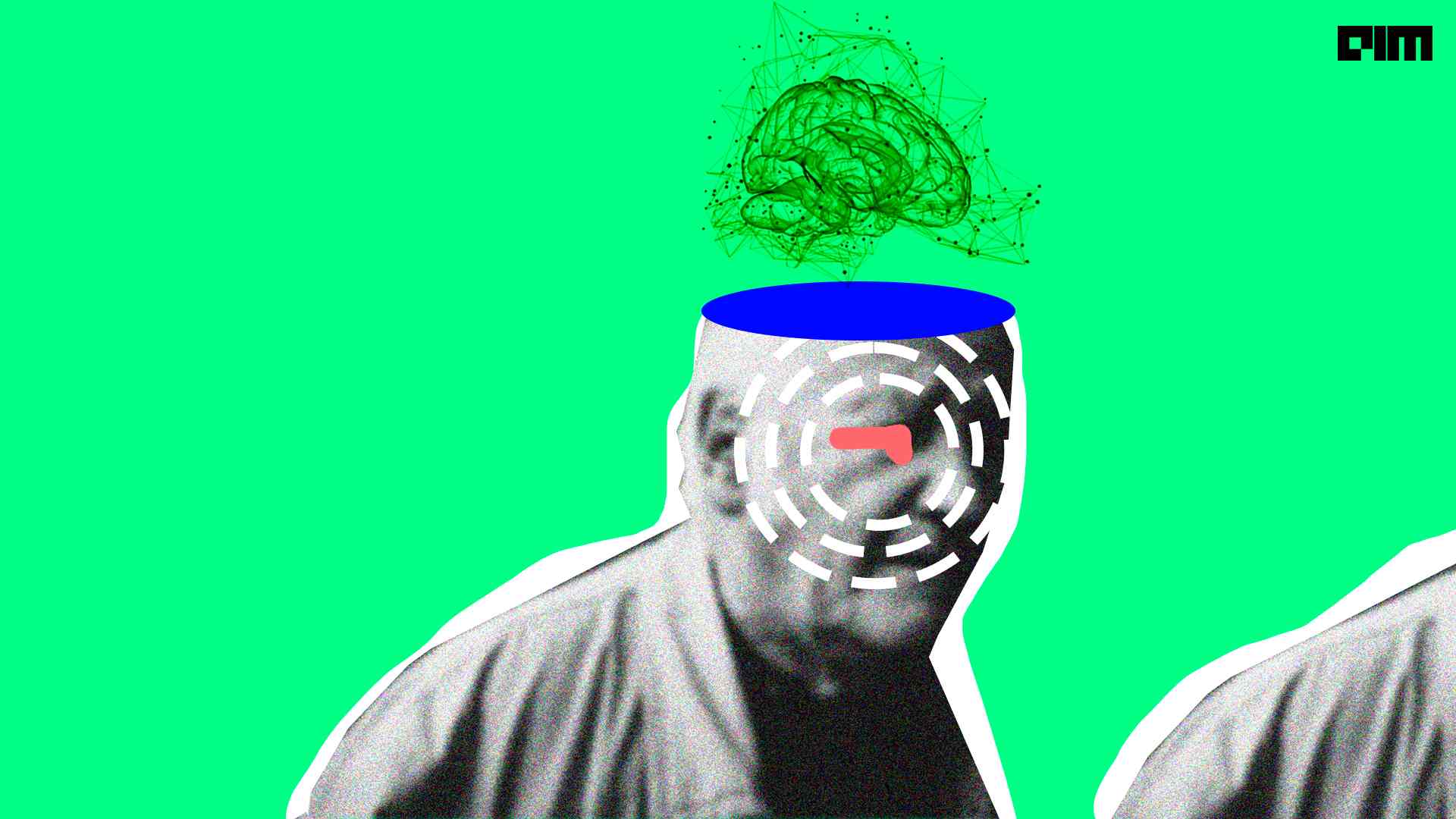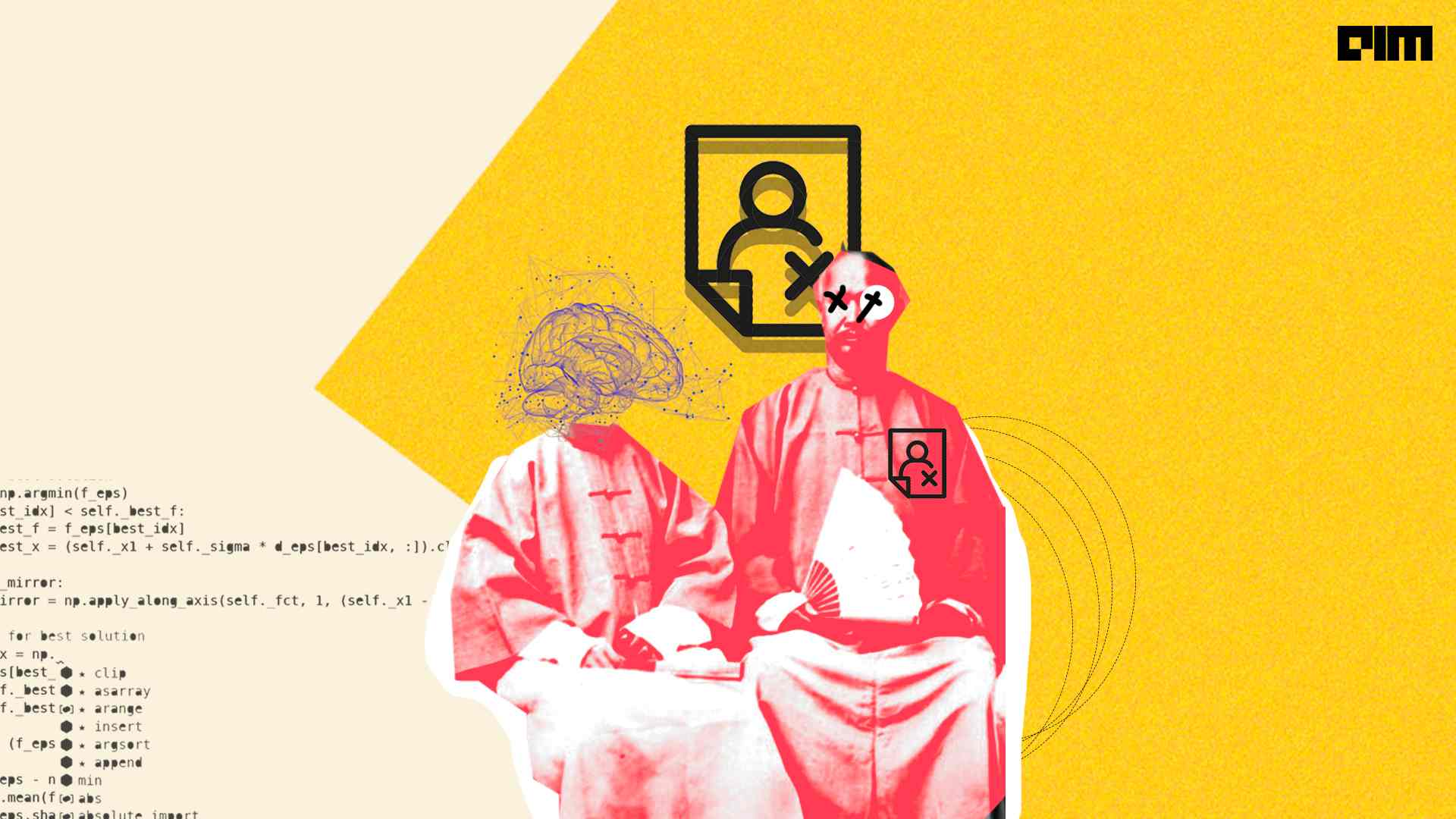

Smart prosthetics built using artificial intelligence are dexterous, precise and give users a ‘sense of touch.’

Hand gestures can be used for input in place of keyboards and a mouse to make computers accessible to stroke patients with partial paralysis.

Life mimicking AI-based robotic pets are the future of creature comfort.

AI system developed using computer vision can help surgeons identify the safe zones for dissecting an organ.

AI-based chatbots have shown promise in combating vaccine hesitancy but need wider deployment.

AI systems such as Eva can prevent global travel restrictions by detecting passengers who are at risk of coronavirus infection beforehand.

New AI model for predicting dementia will allow early correct diagnosis and better chances of managing disease condition.

SenseTime group, a controversial AI-based facial recognition software developing company valued at US$16 billion, goes public.

AI image detection tools can detect duplicated and doctored images and help maintain the scientific integrity of research publications.

Mind-controlled robots can transcend all the issues faced by tetraplegic patients.

SARA, developed by Cornell University researchers, is the next step for the field of autonomous new materials discovery.

Researchers are trying to fulfil physical contact needs through haptic wearables.

Scraping data from the internet without consent, a dangerous illegitimate method, may soon become mainstream with the patent of Clearview AI.

Join the forefront of data innovation at the Data Engineering Summit 2024, where industry leaders redefine technology’s future.
© Analytics India Magazine Pvt Ltd & AIM Media House LLC 2024